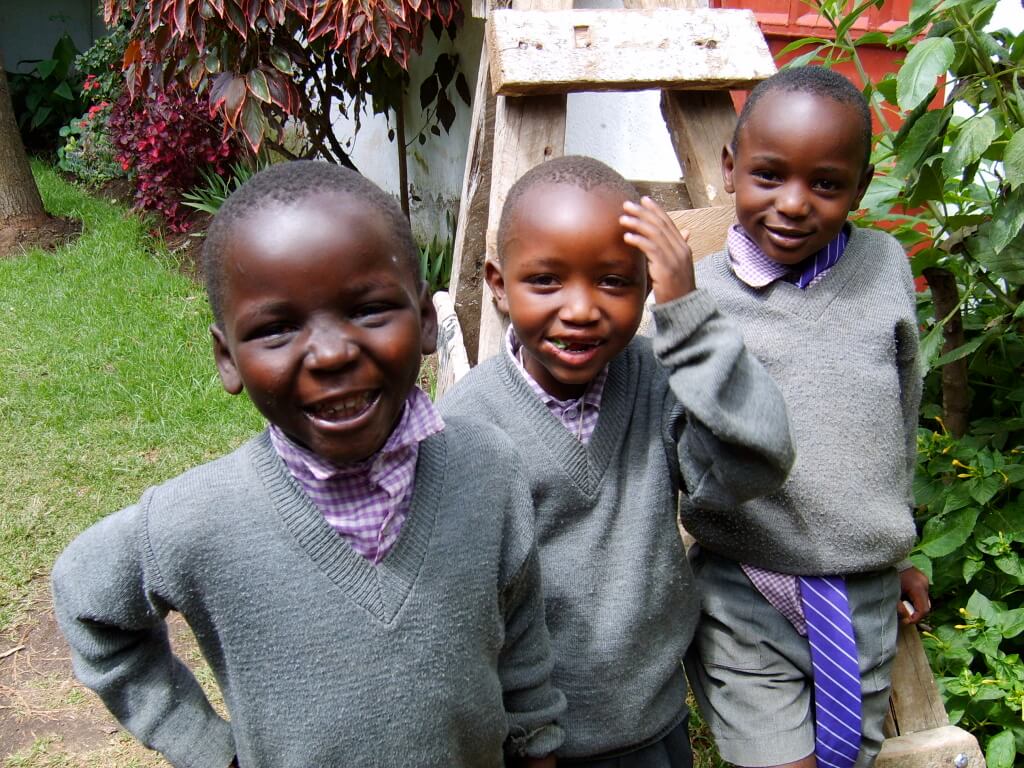I had a discussion about children and daycare with a colleague who runs a large childcare center recently. The gist of the conversation was that she was seeing children acting out physically in daycare settings, but she was conflicted because these kids are being told that they can’t touch one another. She said she wasn’t surprised, that most of these kids were spending up to 80 hours a week outside of their homes. (There are 168 hours in a week – that’s almost half their lives!) Most of the children involved have no siblings. She quoted a parent of a two-year-old child as saying: “The only reason I’m [sending my child to daycare] is because he needs socialization.”
There is a certain sad phenomena happening with families in our country, and it has to do with more families only having one child. Another phenomena is that one parent winds up working solely to pay childcare fees. This turns into a huge sacrifice – parents sacrificing their lives with their children in order to pay someone else to raise their child.
Socialization used to happen within families. Families with one child were a rarity, and one parent usually stayed home to raise the children – to teach them how to get along with one another. The learning happened within the family dynamics. Children learned social skills just by being together in a family setting, by playing, eating, talking, and even fighting together. These are the things that people have done for centuries in order to learn what is acceptable in society. Children who grow up in single child households lack the experience of trying out these different social behaviors, so they are compelled to seek these interactions with their peers in school or afterschool settings. Are we trying to create a society where only certain “acceptable” behaviors are allowed?
I am reminded of an experience I had when I was conducting my doctoral research in Kenya. I had the opportunity to interview 35 people during the two months I was there, and at the end of each interview I would always ask if the interviewee had any questions for me. I was interviewing a teacher who also happened to be a parent of four children. She asked me, “Why don’t Americans like children?” I was stunned by her question and immediately replied, “But we do! We love our children!”. She responded very matter-of-factually, “Then why do you only have one or two? Here in Kenya,” she continued, “our children are our wealth.” I didn’t know what to say. As the parent of one child I was guilty of the very thing she was speaking of. She had spoken a truth, and yet I knew that the reason most of my peers in America were planning small families was mainly because of the expense involved with caring for a large family. I mumbled something about it being expensive and people wanted to be able to do the best they could for their families, but the conviction was heartfelt. In Kenya, their wealth is in their children, which is the future of their nation. They also do the best they can for their children, and while it may not measure up to our standard of success, there is more joy and abandonment in the hearts and lives of these children than I now see in the young faces that are so often glued to iPods and iPads and Netbooks around our country. America needs a wake up call when it comes to what we deem to be truly important, truly valuable. I pray that our children can and will be seen as our wealth in days to come. Instead of sacrificing for our children by never seeing them, I pray that we can sacrifice the need for material wealth in order to have the richness gained from spending time with our children.

“There can be no keener revelation of a society’s soul than the way in which it treats its children.” Nelson Mandela
